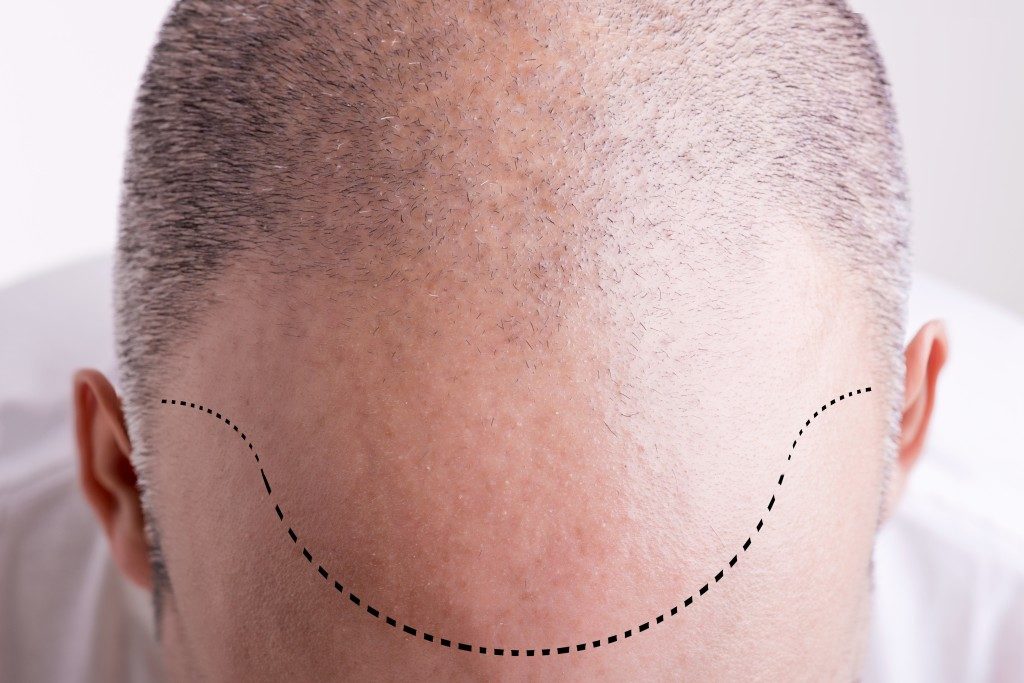- Viruses are microscopic organisms that invade the cells of living things, causing diseases.
- The most common viruses in the U.S. are influenza, HPV, norovirus, HSV, and RSV.
- To prevent the spread of viruses, maintain good hygiene, get vaccinated, and keep clothes clean.
- Understanding how to prevent viruses can help keep you and your loved ones healthy.
- Knowing the most common viruses in the U.S. is essential for taking appropriate precautions to avoid getting sick.
Viruses are tiny infectious agents that can cause various diseases in humans. They are the most common cause of illness in the United States, and millions of Americans are affected yearly. Understanding the most common viruses that affect people in the U.S. can help us take appropriate precautions to avoid getting sick.
What Are Viruses?
First, it’s essential to know what viruses are. Viruses are microscopic organisms that can only reproduce by invading the cells of other living things, such as animals or humans. They typically contain genetic material—either DNA or RNA—which contains instructions for the virus to replicate and infect its host. Here are some of the most common viruses in the U.S.
Influenza Virus
The influenza virus, also known as the flu, is one of the most common viruses in the U.S. It is highly contagious and can spread through the air or by touching contaminated surfaces. Symptoms of the flu include fever, chills, cough, sore throat, body aches, and fatigue. The best way to prevent the flu is by getting a flu vaccine each year.
Human Papillomavirus (HPV)
HPV is a common sexually transmitted infection that affects both men and women in the U.S. It can cause genital warts and is also linked to several types of cancer, including cervical, throat, and anal cancer. The HPV vaccine is recommended for both girls and boys at the age of 11 or 12. Practicing safe sex and getting regular checkups with your healthcare provider can also help prevent the spread of HPV.

Norovirus
Norovirus is a highly contagious virus that causes gastroenteritis or stomach flu. It can spread through contaminated food or water, touching contaminated surfaces, or having direct contact with someone infected. Symptoms of norovirus include nausea, vomiting, diarrhea, and stomach cramps. It can also lead to death if left untreated. To prevent norovirus, it’s important to wash your hands frequently and avoid sharing food or drinks with others.
Herpes Simplex Virus (HSV)
HSV is a common sexually transmitted infection that affects millions of people in the U.S. It can cause sores or blisters around the mouth or genital area. There is no cure for HSV, but antiviral medication can help manage symptoms and reduce the risk of transmission. Practicing safe sex and avoiding sexual contact during outbreaks of symptoms can also help prevent virus transmission.
Respiratory Syncytial Virus (RSV)
RSV is a common virus that affects the respiratory system and can cause serious illness, especially in infants and young children. It is highly contagious and can spread through the air or by touching contaminated surfaces.
Symptoms of RSV include cough, fever, runny nose, and difficulty breathing. There is no specific treatment for RSV, but supportive care such as oxygen therapy and fluids can help manage symptoms. Washing your hands frequently, avoiding close contact with people who are sick, and staying home when you are sick can all help prevent the spread of RSV.
Preventing Transmissions
It’s vital that you know the most common viruses to help protect yourself and others from getting sick. Here are some precautions you need to take:
Keep Your Clothes Clean
Viruses can spread through contact with contaminated clothes, so keeping your clothes clean is essential. Always wash your hands after touching dirty laundry or other objects that may have been in contact with an infected person.
Hiring a professional to ensure your clothes are well-sanitized might also be essential. You can hire an affordable laundry and pickup service near you. These services are convenient and cost-effective.

Maintain Good Hygiene
Good hygiene is essential for avoiding the spread of viruses. Wash your hands frequently with soap and water for at least 20 seconds, especially after using the bathroom and before eating or preparing food. Disinfecting high-touch surfaces such as doorknobs, countertops, and handles can also help reduce the spread of viruses.
Get Vaccinated
Vaccines are one of the most effective ways to prevent viruses. Vaccinate against influenza, HPV, and other common illnesses to protect yourself and your loved ones.
These are some of the most common viruses in the U.S.; taking proper precautions can help protect you and your family from getting sick. Understanding how to prevent the spread of viruses can keep you healthy and safe.







